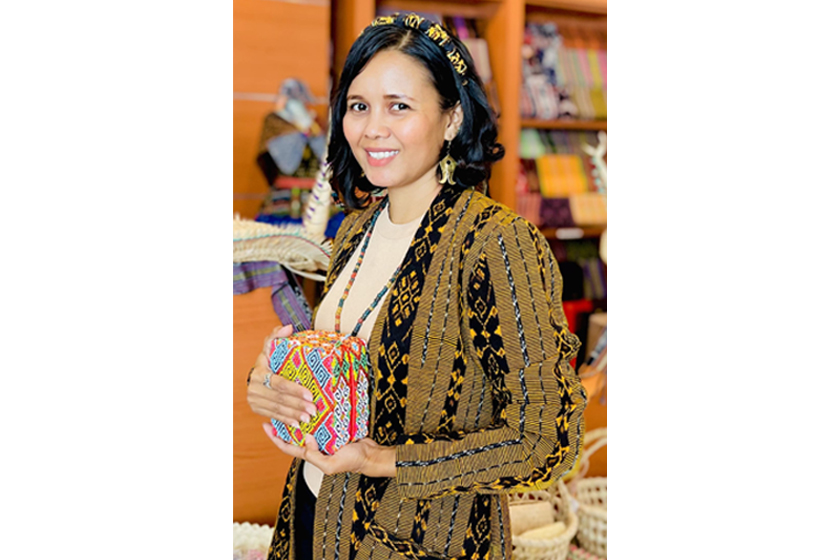
05 November 2024
Join Our Lecture on “How Is a Human-Rights Approach to Disability Applied in Higher Education?”
How can higher education use a human-rights approach to better support students with disabilities? J... Read More
The Australia Awards are prestigious, transformational scholarships and short courses offered to emerging leaders for study, research and professional development in Australia

25 Apr 2022
 ASMARA: Antimicrobial Stewardship Mobile Application in Reducing AMR (Antimicrobial Resistance)
ASMARA: Antimicrobial Stewardship Mobile Application in Reducing AMR (Antimicrobial Resistance)
Project leader: Ms Thresia Maria Wonga
Level of education and university: Master, The University of Adelaide
Collaborating Organisations: Prof Dr W Z Johannes Kupang General Teaching Hospital
Project Location: Nusa Tenggara Timur
Activity Type: Knowledge and technology transfer
Sector: -
Project Rationale:
Antimicrobial Resistance (AMR) is one of the 21st century’s greatest global health threats. It became a global health emergency in May 2015. Basically, AMR happens because of selection pressure regarding Antimicrobial Use (AMU), due to the inappropriate prescribing of antibiotics, such as overuse and misuse, and the spread of bacteria resistance. In Indonesia, the use of antimicrobials wisely and qualitatively optimal is merely 20% (Ministry of Health, 2016).
AMR, moreover, has an impact in increasing the death rate and disability rate, threatening modern medicines, maternal and child health, as well as health expenditure with regards to GDP. The COVID-19 crisis also would further fuel the trend (WHO,2021), as most hospitalised COVID-19 patients globally receive antibiotics. Conversely, there has been less clinical development of new antimicrobials since 1987.
I have been working for two decades at Prof Dr W Z Johannes Kupang General Teaching Hospital. As a big referral hospital with complex infectious cases, it has been shown that there has been an unrecognised increasing number in the AMU, especially the “watch” category in the last decade. This category, however, should be used carefully only to a limited group of well-defined syndromes and closely monitored.
At the patient level, antimicrobial prescribers need a complex sequence of clinical decisions. Besides there is a lack of guidelines available for timely diagnosis, prescribing unnecessary and ineffective antibiotics is a common phenomenon in most public hospitals. Less understanding about antimicrobials uses and resistance is one of key driven of the phenomenon. Guidelines, workshops and Antimicrobials Stewardship Programs (ASP), for example, are recommended for optimising antibiotics use and microorganism resistance which will be useful in reducing cost as well as maintaining quality of care by supporting clinical decisions.
Electronic Decision Support Systems (eDSSs), however, might support and improve a complex task in the Antimicrobials Stewardship Programs (ASP). An effective eDSSs does not have to be complex. It might include accessible online documents such as antibiotic guidelines, restrictive indication, antimicrobial prescribing principle, dosing, contraindications, administration of antibiotics, interaction etc. Therefore, it is pivotal to develop ASMARA as a form of eDSSs and conduct a workshop during 2022 World Antimicrobial Awareness Week in November.
Project Beneficiaries:
There are several parties that benefit from this project:
Priority Development Area:
Health Security
Link with Australian organisation:
Flinders Overseas Health Group (FOHG)
Share this article on:
 Related Project Profiles
Related Project ProfilesThis website uses cookies to improve your website experience. We may also use cookies to analyse website data so that we can improve our online services. To find out more visit our privacy policy.

